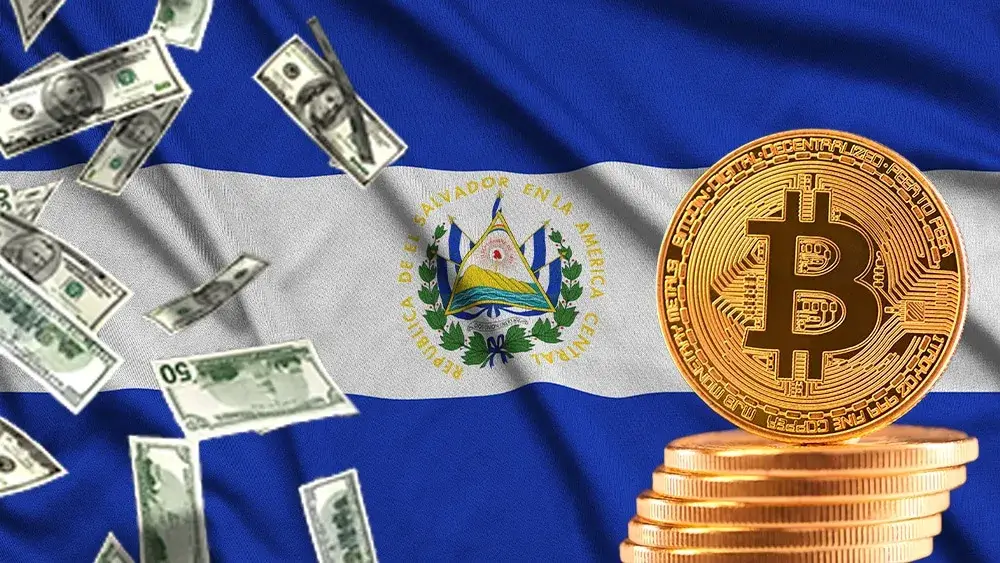Debates about mining methods, sustainability, and the country’s increasing interest in bitcoin have been rekindled by El Salvador’s recently revealed gold deposits, which are estimated to be worth up to $3 trillion. If confirmed, this finding might be a game-changer for El Salvador’s economic future.
Monetizing gold reserves is something that President Bukele supports.
Nayib Bukele, the president of El Salvador, recently highlighted the unrealized potential of the nation’s gold deposits. According to him, these assets might be worth over $3 trillion if they are fully discovered, which would be an incredible 8,800% of El Salvador’s present GDP. Bukele stressed that ethical mining might act as a stimulant for economic growth when speaking on the social networking site X. He plans to use the money raised to support important projects including infrastructure improvement, job creation, and overall economic expansion.
Bukele sees the 2017 prohibition on metals mining as a barrier to utilizing the country’s natural resources, hence he has suggested lifting it. Preliminary research indicates that only 4% of El Salvador’s mining regions have been investigated, yielding almost 50 million ounces of gold valued at $131 billion, or 380% of the country’s GDP. The president ascribed this mineral wealth to El Salvador’s position inside the Pacific Ring of Fire, which is a region abundant in mineral reserves and volcanic activity.
Critics warn of environmental hazards, while supporters of the proposal view the discovery as revolutionary. Bukele has promised that any mining operations would put sustainability first, striking a balance between financial benefit and environmental protection. The veracity of these estimates of gold reserves and the viability of sustainable mining on such a huge scale, however, continue to be questioned.
A Bitcoin-First Approach?
El Salvador’s gold discovery takes on an interesting cryptocurrency dimension because it was the first nation to accept bitcoin as legal tender. President Bukele reaffirmed his government’s long-standing commitment to digital assets by implying that the country might use the newfound riches to increase its bitcoin investments.
This viewpoint was reinforced by bitcoin evangelist Max Keiser, who proposed a daring financial plan: monetizing the gold reserves by issuing convertible preferred shares and utilizing the money raised to buy bitcoin. According to Keiser, bitcoin is a more attractive long-term asset than gold because of its increasing prominence as a global store of value. He gave the following explanation on X: “Sell a number of 0% convertible preferreds and purchase as much bitcoin as you can for less than $200,000. Gold’s true worth is closer to one-tenth of current estimates as a result of bitcoin’s rapid demonetization of the metal. Nevertheless, having $300 billion in bitcoin now is considerably preferable to holding onto gold, which is a declining value.
A Country at a Turning Point
El Salvador has a huge chance to rethink its economic destiny as a result of the finding. The choices taken today will have a significant impact, regardless of whether the government decides to develop its gold holdings sustainably, monetize them for bitcoin, or take a hybrid approach. As of right now, the argument is still going on, weighing the potential for economic change against the dangers of financial errors and environmental damage.

